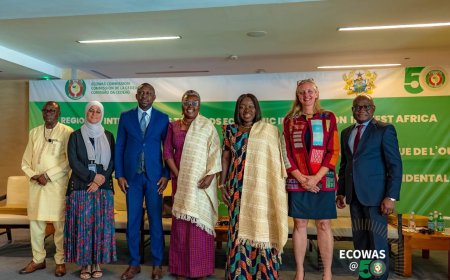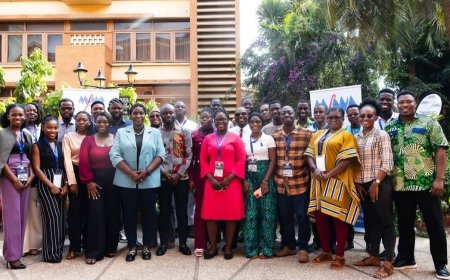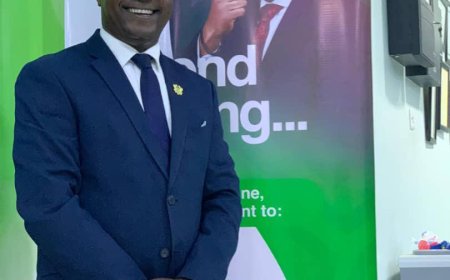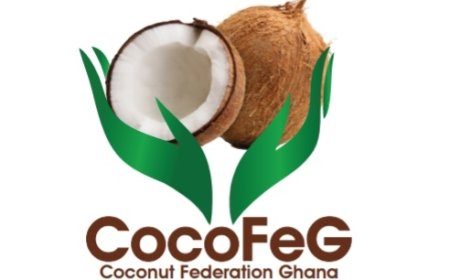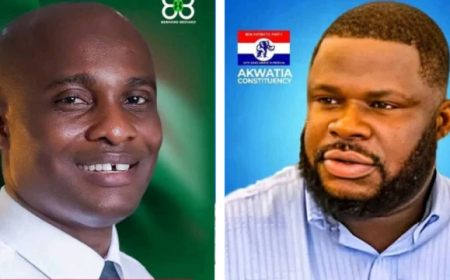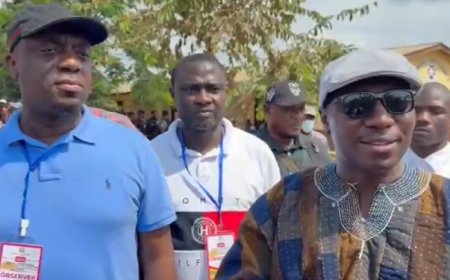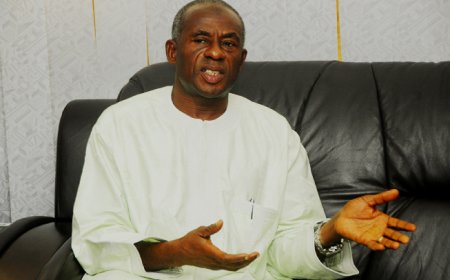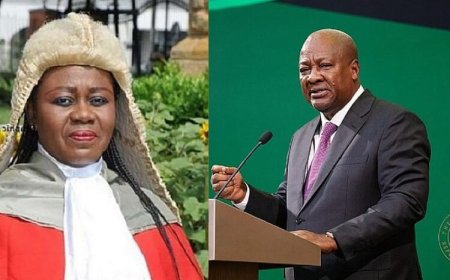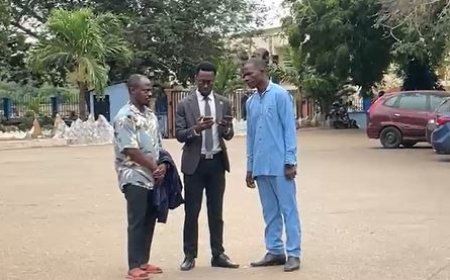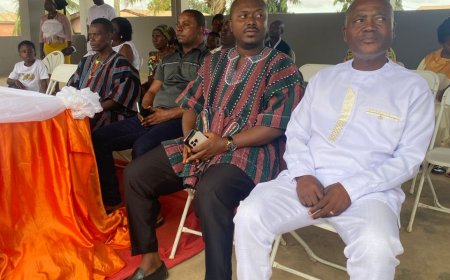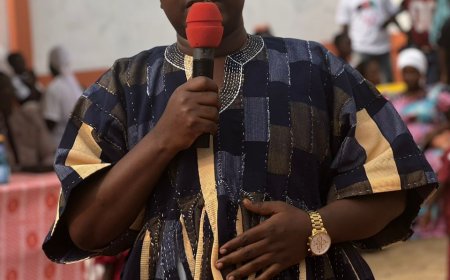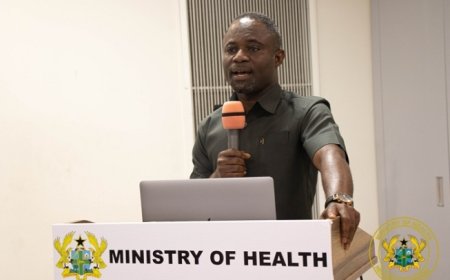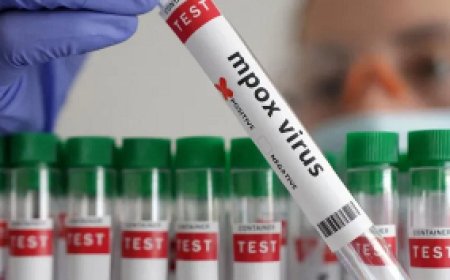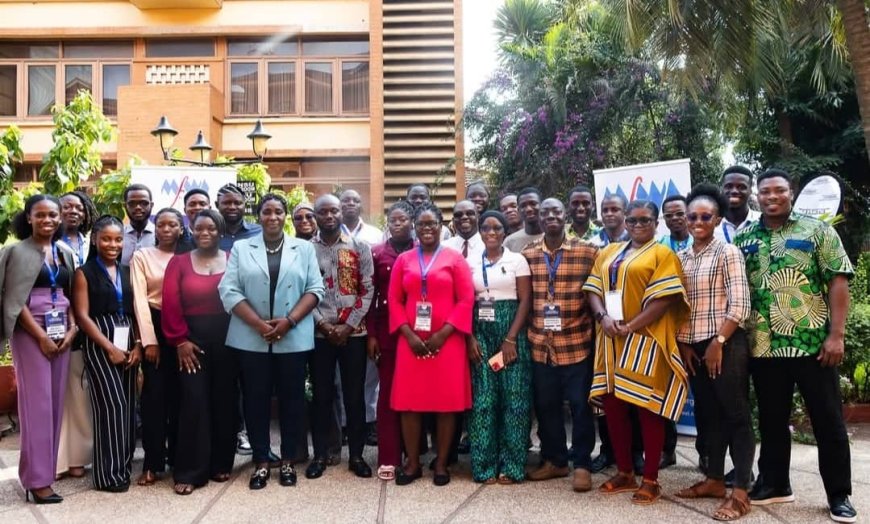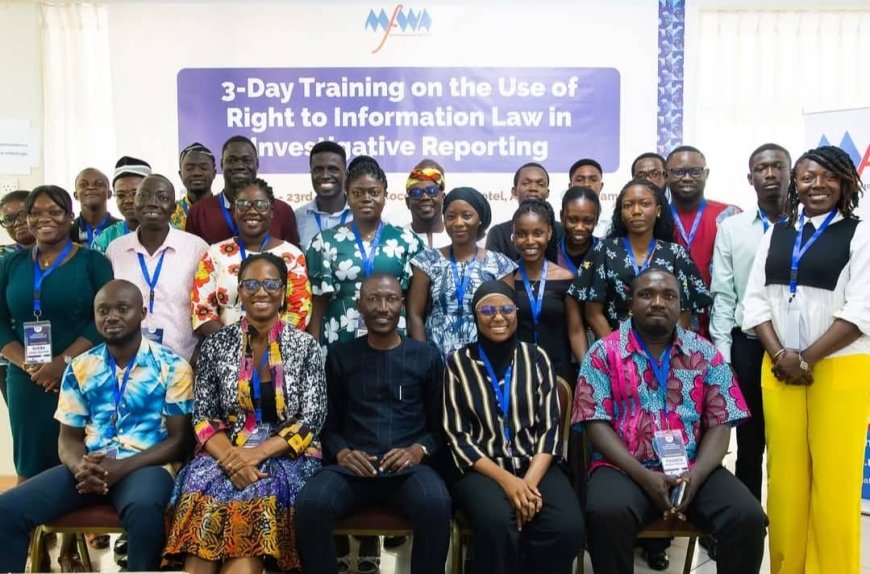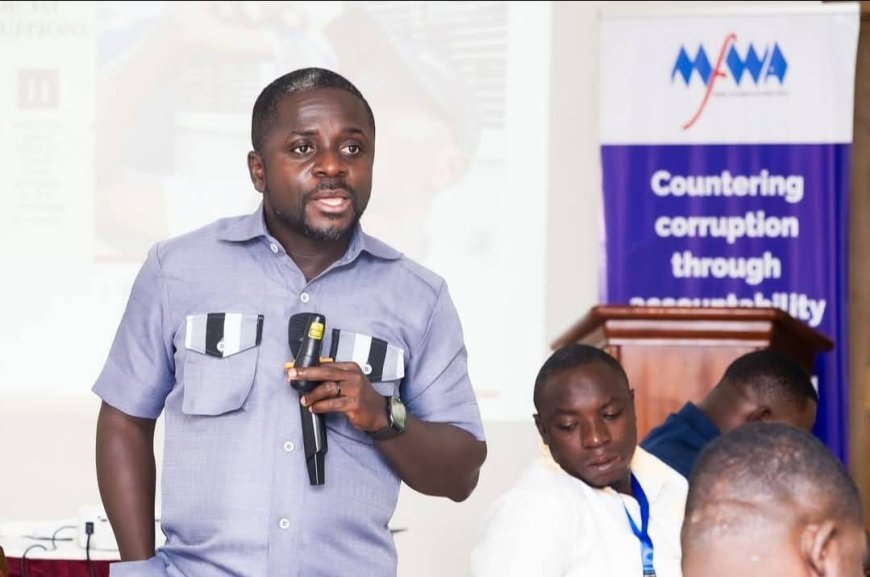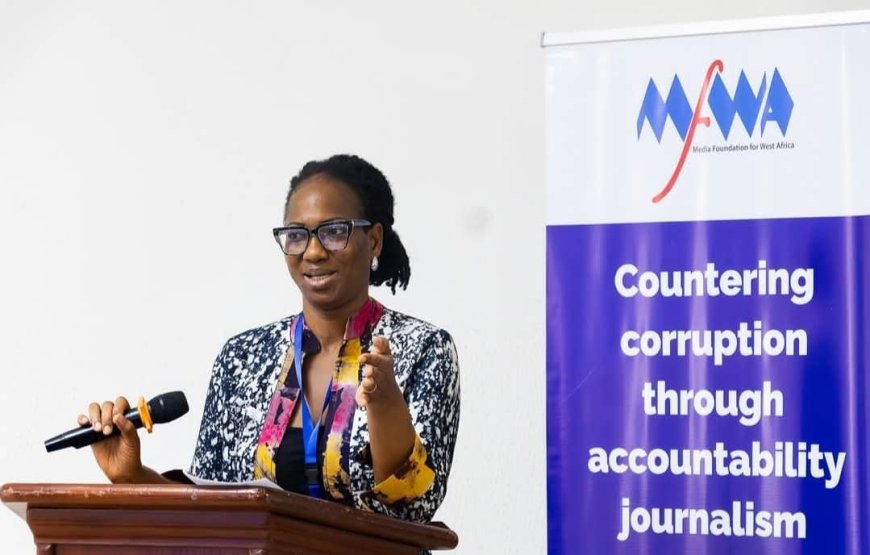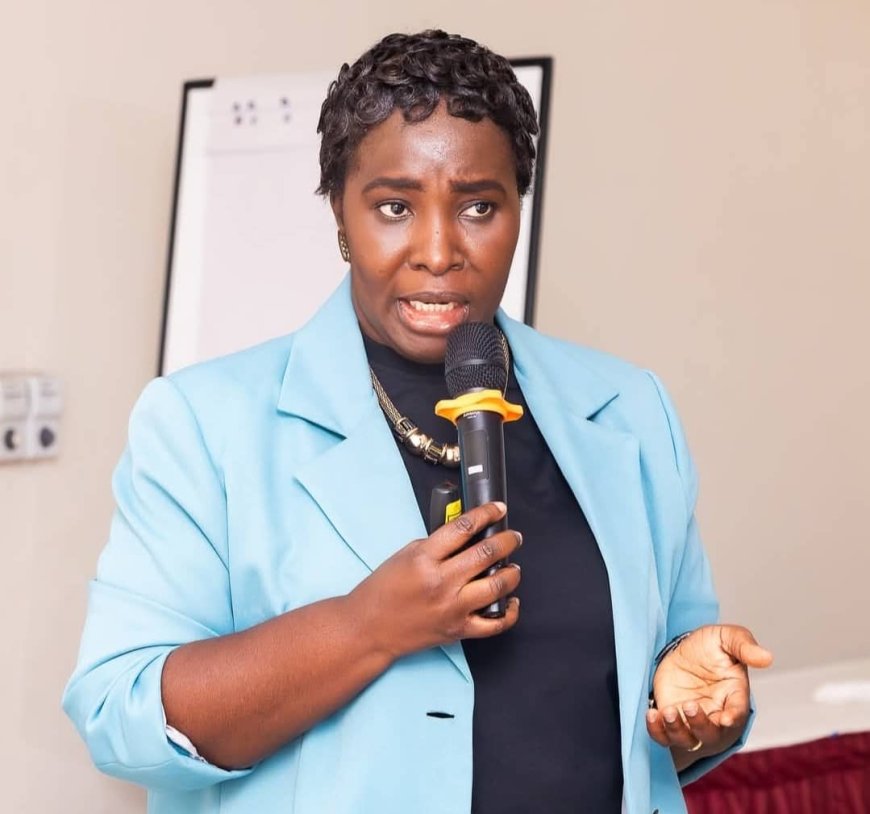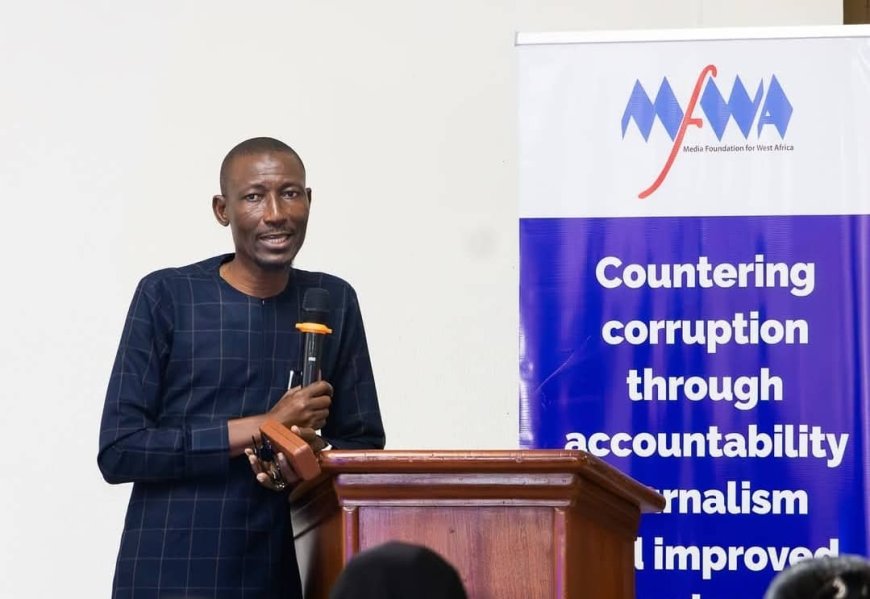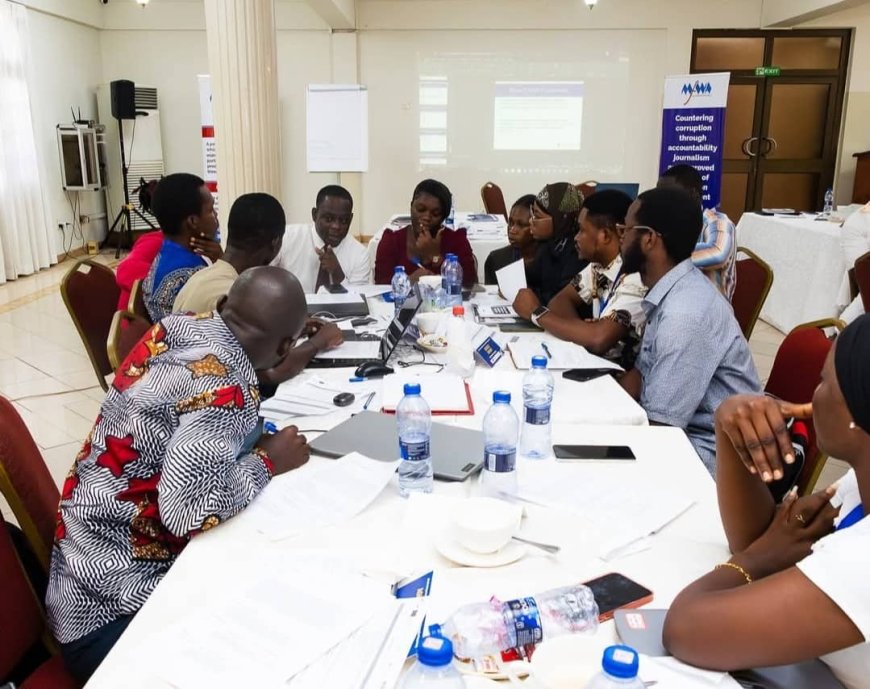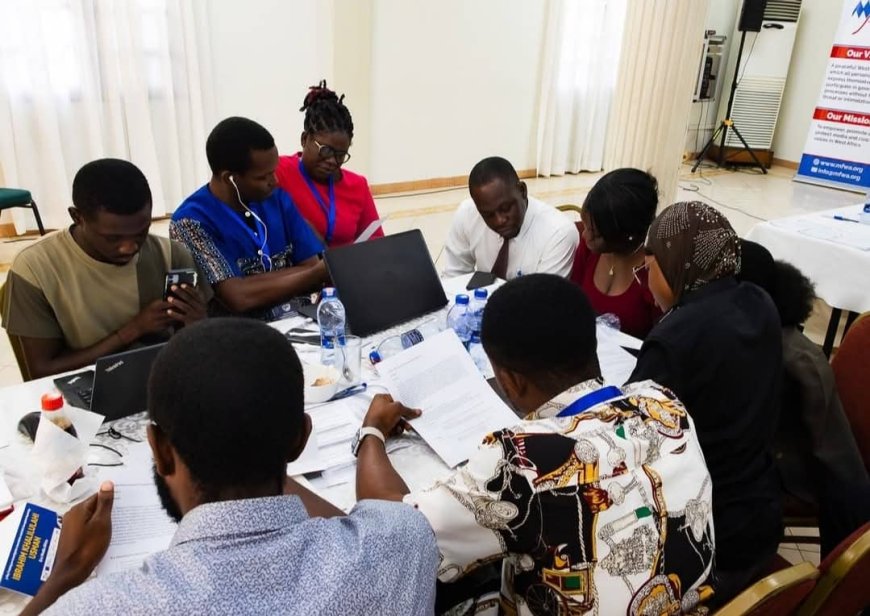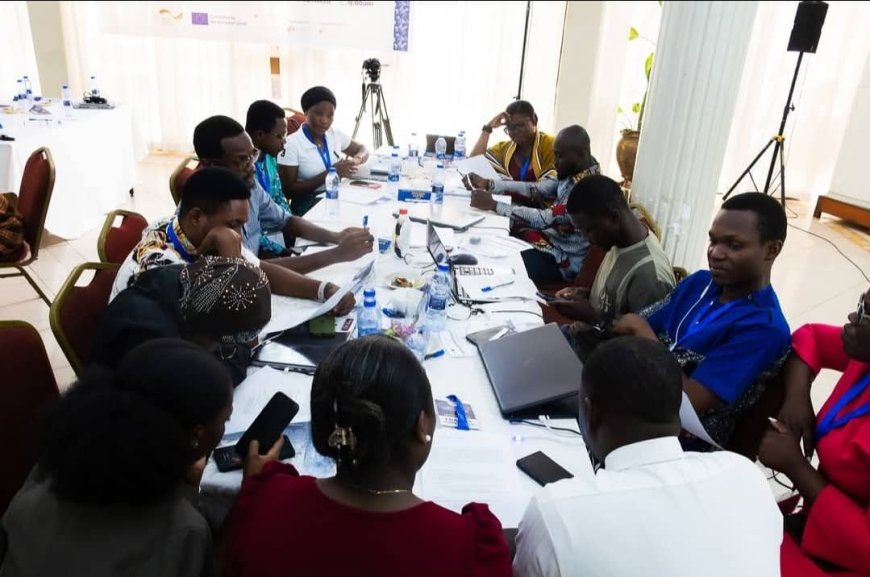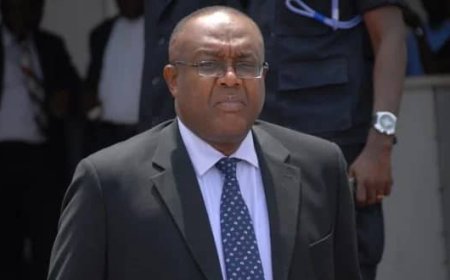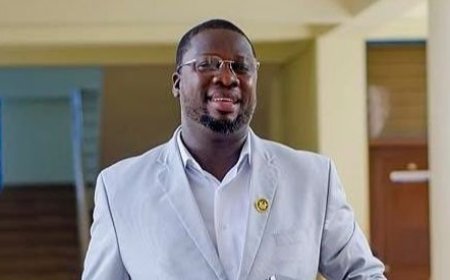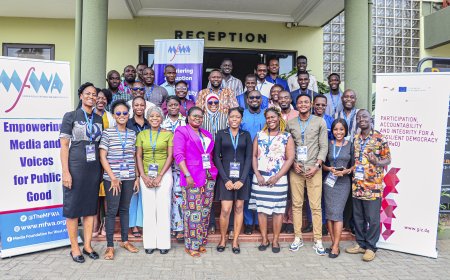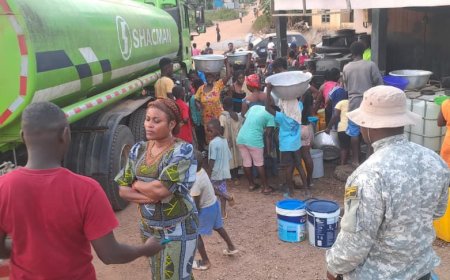MFWA Trains 30 Journalists on Using RTI Law to Strengthen Investigative Reporting and Combat Corruption
The Media Foundation for West Africa (MFWA), with support from the German Development Cooperation (GIZ), has successfully held the second of three intensive training workshops on the Use of the Right to Information (RTI) Law in Investigative Reporting.
By Joylinda Laryea / 29th October 2025,
The Media Foundation for West Africa (MFWA), with support from the German Development Cooperation (GIZ), has successfully held the second of three intensive training workshops on the Use of the Right to Information (RTI) Law in Investigative Reporting.The three-day training took place from October 21 to 23, 2025, at the Coconut Grove Regency Hotel in Accra, bringing together 30 journalists from across Ghana.
The Training forms part of MFWA’s flagship project titled “Countering Corruption through Accountability Journalism and Improved Freedom of Expression Environment in Ghana.” The initiative falls under the Participation, Accountability, Integrity for a Resilient Democracy (PAIReD) programme commissioned by the German Federal Ministry for Economic Cooperation and Development (BMZ), co-financed by the European Union (EU) and the Swiss State Secretariat for Economic Affairs (SECO), and implemented by GIZ in partnership with Ghana’s Ministry of Finance.
Dr. Aurelia Ayisi, a lecturer at the University of Ghana’s Department of Communication Studies, urged journalists to adopt gender-sensitive approaches in reporting corruption particularly sexual corruption, which she described as an intersection between gender inequality and abuse of power.
“How journalists frame stories on sexual corruption determines whether the media becomes part of the solution or part of the problem,” Dr. Ayisi cautioned.
“Sexual corruption differs from other forms of bribery because it exploits both gender and power imbalances. Journalists must report these issues ethically, protect survivors, and highlight systemic failures that enable such abuses.”
Dr. Ayisi encouraged journalists to dig deeper into corruption stories that often go unnoticed, using the RTI Law to expose gender-based injustices and hold institutions accountable.
Mr. Zakaria Tanko Musah, a lecturer at the Ghana Institute of Journalism and a private legal practitioner, provided practical guidance on how to effectively use the RTI Law in investigative journalism. He urged participants to be strategic in their requests and assertive in demanding compliance from public institutions.
He emphasized that journalists must learn to navigate exemptions, file appeals when denied access, and work collaboratively to expose corruption through data-driven investigations.
Mr. Kwaku Krabea also guided participants through practical steps for writing effective RTI requests and appeals, providing them with a clearer understanding of the process and how to confidently navigate it when seeking public information.
The training also featured sessions led by The Fourth Estate, focusing on collaborative RTI journalism and case studies of major national and international investigations that used the RTI framework to uncover corruption.
Participants at the Media Foundation for West Africa (MFWA)’s RTI Investigative Journalism Training described the three-day workshop as insightful, empowering, and transformative, highlighting how it deepened their understanding of Ghana’s Right to Information (RTI) Law and its application in accountability journalism.
Many journalists expressed renewed confidence in using the RTI Law as a powerful tool to demand transparency and access critical data for investigative reporting. They noted that the practical exercises, case studies, and expert-led sessions made the training both engaging and applicable to their daily work.
“Before this training, I thought the RTI process was complicated and bureaucratic,” said one participant from the Northern Region. “Now I know exactly how to draft a strong request and follow up effectively without giving up.”
Another journalist shared that the session on gender-differentiated corruption opened her eyes to how corruption impacts men and women differently and the need for sensitive and ethical reporting.
“The discussions on sexual corruption were particularly eye-opening. I now understand how to report such issues without victim-blaming or reinforcing stigma,” she said.
Others appreciated the hands-on guidance provided by resource persons such as Mr. Zakaria Tanko Musah, Dr. Aurelia Ayisi, and Mr. Kwaku Krabea, who combined legal, academic, and practical newsroom perspectives to make the learning comprehensive.
“The facilitators were exceptional. They broke down complex legal concepts into clear, actionable steps. I’m leaving this training equipped and motivated to use the RTI Law more strategically,” a participant remarked.
Participants also praised the collaborative and inclusive environment of the workshop, which allowed them to share experiences and build networks with other journalists across the country.
Overall, attendees described the training as a timely intervention that not only strengthened their technical skills but also reignited their passion for investigative journalism rooted in integrity, accountability, and social impact.
“This training has reminded us that journalism is not just about storytelling , it’s about service, truth, and change,” one participant concluded.
Through this initiative, MFWA conti nues to empower journalists with the skills and legal understanding needed to hold duty bearers accountable and ensure public institutions operate transparently.
The final session of the series, scheduled for later in 2025, will focus on data journalism and fact-checking, equipping journalists to analyse public records, detect misinformation, and strengthen Ghana’s anti-corruption reporting ecosystem.
The MFWA reaffirmed its commitment to promoting press freedom, transparency, and accountability journalism as vital pillars for democratic resilience in Ghana.
What's Your Reaction?
 Like
0
Like
0
 Dislike
0
Dislike
0
 Love
0
Love
0
 Funny
0
Funny
0
 Angry
0
Angry
0
 Sad
0
Sad
0
 Wow
0
Wow
0
